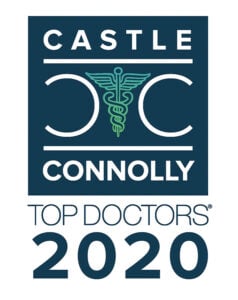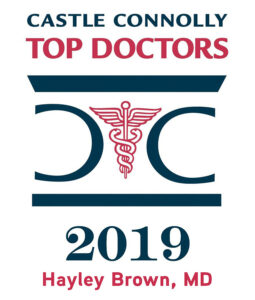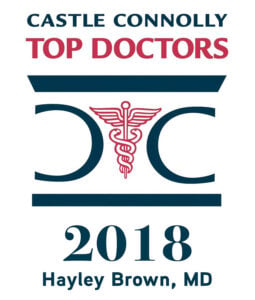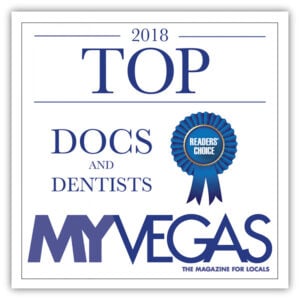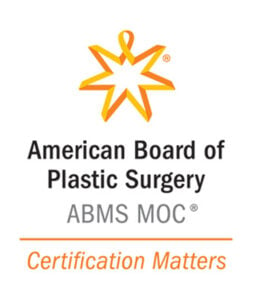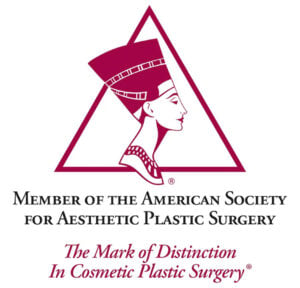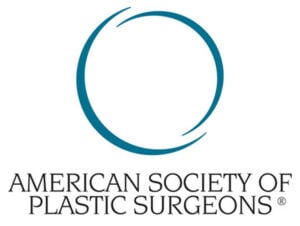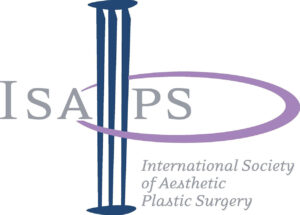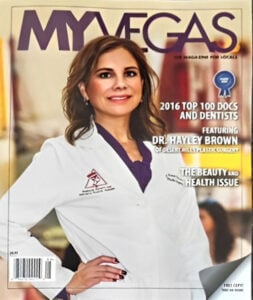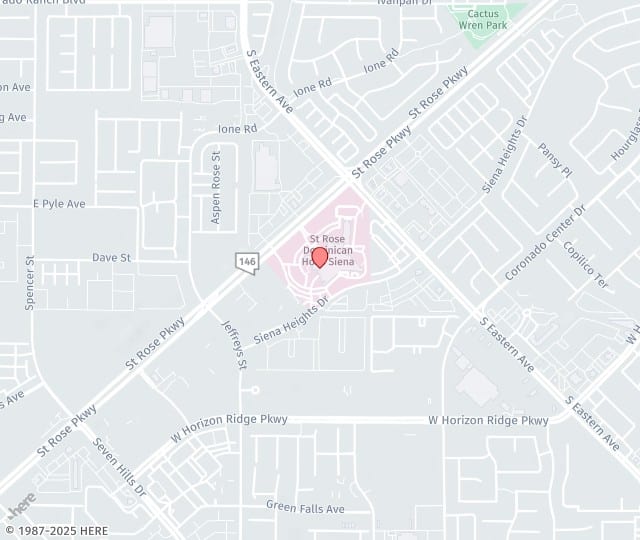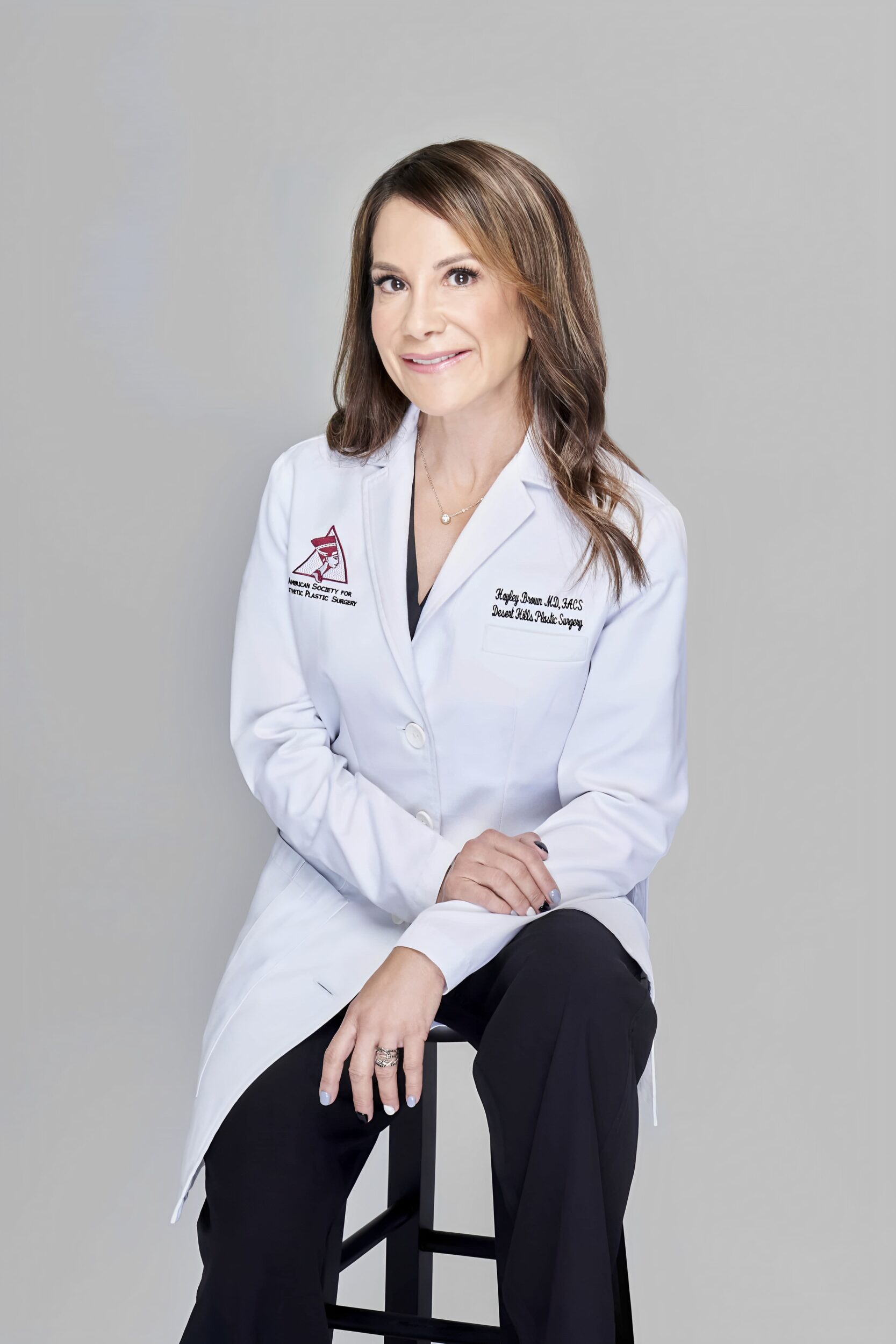
Plastic surgery is elective, and many patients have concerns and questions about how to prepare for surgery and the subsequent recovery process. Situational anxiety tends to affect patients differently. Some patients ignore or forget what they are supposed to do, and others overreact and over-think things, adding to their anxiety.
When you decide to undergo treatment with Board-certified plastic surgeon Dr. Hayley Brown, she and her staff will help you prepare physically and mentally to ensure the greatest chances of success for the procedure. Please call Desert Hills Plastic Surgery Center at 702-260-7707 for a personal consultation. We welcome out-of-town patients as well as local patients from in and around Las Vegas.
Mental Preparation And Peace Of Mind Before Plastic Surgery
Having a good mental attitude, realistic expectations, and patience makes a world of difference both before and after surgery. When you approach your surgery with the proper mindset, the procedure and your recovery go much smoother.
- Your mental health needs to be at its best. Patients with depression, anxiety, bipolar disorder, and other mental issues could experience an exacerbation of their symptoms from medications and the stress associated with surgery. Stress and pain can trigger mental issues. Surgery is not recommended during times of high stress, such as divorce, death, and when dealing with other stressful social and psychological issues.
- Keep a calm perspective. This is elective surgery and you are healthy. We are dealing with skin and tissue movement – this is not open-heart surgery. Millions of people undergo plastic surgery every day with easy recoveries and excellent results. It is not helpful to spend hours online researching potential plastic surgery complications and bad outcomes.
- Do your homework. Make sure your plastic surgeon is board certified by the American Board of Plastic Surgery, and view many (not one or two) before-and-after pictures of his or her work so you know your doctor can deliver results you admire. Bargain shopping when it comes to your health and body is not OK in this situation.
Enjoy the ride and relax. Plastic surgery is well worth the investment and recovery process. Time passes quickly and before you know it, you will be feeling great and looking your best. Results are natural, yet dramatic and often life-changing. Patients who are positive and motivated have excellent outcomes and remain close with Dr. Brown and the staff of Desert Hills Plastic Surgery.
Maintain A Healthy Lifestyle
Starting 2-4 weeks before surgery, maintain a healthy diet and weight. Aggressive dieting before surgery is not advised, as good nutrition and a stable weight is important for proper healing. Getting on a scale before and after surgery on a regular basis is not helpful.
Exercise of any kind is fine before surgery. It is not proven to help recovery or results. However, it is important to be fit and fully ambulatory without any shortness of breath or chest pain when exercising.
Medications To Avoid Before Plastic Surgery
It will be important to discuss your medical history and all of the medications you are currently taking with Dr. Brown prior to your surgery. In the weeks leading up to your procedure, avoid taking the following medications:
- Phentermine, HCG or other diet medication need to be stopped 2 weeks before surgery as they can be risky associated with anesthesia.
- Ozempic and similar injectable medications need to be stopped one week before and after surgery, as they can exacerbate reflux and constipation associated with surgery.
- Hormones, hormone cream, and birth control medication should be stopped 2-4 weeks before surgery as hormones increase risks for blood clots in your legs. (Normal weight patients with no medical problems may continue birth control pills for surgery performed under local anesthesia or general anesthesia procedures lasting 1 hour or less).
- Ibuprofen, aspirin, Motrin and any other nonsteroidal anti-inflammatory medication can cause bleeding, and. should be stopped 1 week before surgery.
- Non-essential herbal supplements.
- Certain medications associated with autoimmune conditions need to be stopped (only if cleared by your doctor) as they can impair wound healing. These include Humira (Adalimumab), Cosentyx (Secukinumab), Remicade (Infliximab), Tremfya (Guselkumab), and basically most of the autoimmune inflammatory drugs when the generic name ends in "mab". These should be stopped 2 weeks before and 2 weeks after surgery if cleared by your prescribing doctor.
- Blood thinners such as Plavix ( but only if cleared by your primary care doctor for at least one week before and one week after surgery.
Patients on regular medications for blood pressure, heart conditions, thyroid, and psychiatric conditions need to stay on these medications as prescribed. Please discuss with Dr. Brown ahead of time.
Dos And Don’ts Of Antibiotics And Supplements
Keep the following dos and don’ts in mind when considering your usage of antibiotics and supplements:
- Do take prescribed antibiotics. Probiotic supplements, acidophilus and lactobacillus supplements, or yogurts can decrease the risk for antibiotic-associated infections. Patients prone to vaginal yeast infections should let us know so we can provide you with medication, if needed. Probiotic usage minimizes the risk of developing diarrhea or antibiotic-associated colitis.
- Do not take certain supplements. Don’t take Arnica pills, or any other medication, device, battery, or product you read or saw on TV to speed healing. Excesses of anything are not advised. Maintain your normal, stable routine. Most things advertised have no proven benefit in healing and can actually be more harmful to you than doing nothing at all. For a list of supplements that do optimize healing, see our blog.
Preoperative Testing
Before undergoing plastic surgery, some preoperative testing will be necessary. This testing can include:
- Bloodwork for all patients. Specialized bloodwork may be recommended for patients with a family history of blood clots (DVT).
- Mammograms for all breast surgery patients 40 and above or who have a family history of breast cancer.
- EKGs for patients 45-50 years old or those with any preexisting heart condition.
- Medical or clearances for patients with medical problems or those over age 50.
Patients with asthma need to bring their inhaler to the surgery center so it can be administered before and after surgery.
Patients with sleep apnea also need medical clearances and need to plan on bringing their CPAP machine to surgery for use in the recovery room.
Making Postoperative Arrangements
In order to recover optimally from your procedure, it will be crucial that you get plenty of restorative rest. This means preparing in advance for what you’ll need after your surgery. Items to consider include:
- Find a friend or relative to help: Make arrangements for a caring, responsible friend or family member to drive you to and from the surgery center and stay with you overnight, and possibly for several days after depending on what type of procedure you are having. If you do not have anyone available, we can arrange home health care and medical transportation for additional fees. Make arrangements for childcare and driving responsibilities, as you will not be able to drive for several days after surgery.
- Plan for time off work. Most patients take 1-2 weeks off of work, depending on the procedure as well as their job description. Patients undergoing more minor procedures who perform administrative work may get back to work faster than those who have multiple procedures performed and jobs that require long hours on your feet with heavy lifting.
- Shop for supplies: You are not going to be able to run errands after surgery. Purchase the following recommended items prior to your procedure and have them waiting at home for you when you return from the surgery center:
- Bras (we will provide your initial surgical bra and will specify a size and style of underwire bra for you to purchase as your secondary bra.
- Dry sterile gauze
- Prescriptions: all prescriptions will be sent to your pharmacy electronically at your preop visit. These need to be picked up before surgery.
- Abdominoplasty patients typically sleep in a recliner for the first week after surgery. If you do not have one, we have a service that delivers recliners to your home for a nominal price.
Dietary Considerations When Preparing For Plastic Surgery
Food and liquid consumption can impact your ability to undergo a safe, effective surgical procedure. When preparing for plastic surgery, be mindful of certain dietary restrictions and considerations, such as:
- NPO: This means Nothing Per Oral - no water or food, usually after midnight before your surgery. Food or water in your belly risks aspiration from anesthesia. Your surgery will be cancelled if you stop at Starbucks on the way to the surgery center and have a pumpkin spice latte.
- Meals: Follow a soft diet and avoid heavy meals for a few days preceding the surgery. Have soups and soft mild foods available for after surgery.
- Hydration: Stay well-hydrated before and after surgery. Electrolyte solutions like Gatorade are best.
- Caffeine use: If you are regular caffeine or coffee drinker, continue to drink black coffee or soda after surgery. This will decrease symptoms or a headache that can occur from caffeine withdrawal.
- Medications: Prescribed medications such as blood pressure medicine, heart medication, or Valium can be taken the morning of surgery with saliva in your mouth. It is fine to take your normal migraine or tension headache medicine if approved by Dr. Brown. Again, no aspirin, Motrin, or ibuprofen.
Constipation, nausea, and vomiting are common after surgery. Colace, an over the counter stool softener, can be started 2-3 days before surgery to help with post-operative constipation.
Avoid Alcohol, Drugs, And Tobacco Before Surgery And During Recovery
Certain lifestyle choices can inhibit proper healing. Before surgery, avoid:
- Drugs and alcohol: Recreational drugs and alcohol can interact with anesthesia and post- operative medication in a dangerous and unpredictable way.
- Cigarettes: Smoking decreases oxygen delivery to the skin and decreases circulation while having detrimental effects on the lungs and breathing after surgery. Avoid second-hand smoke as well.
- E-Cigarettes: Many E-cigs and Vapor cigarettes contain nicotine that constricts blood vessels and delays proper healing.
- Marijuana: Smoking marijuana before your surgery is also detrimental to healing.
Personal Hygiene And Attire Guidelines For Your Procedure
Good hygiene is important both before and after surgery. Familiarize yourself with the following guidelines before your procedure:
- Shower the night before and morning of surgery, wash all body areas with antibacterial soap, and wash your hair with the shampoo of your choice. Put long hair in a french braid or a low braid for the surgery. Some patients may be given additional antibacterial scrubs for intertriginous areas (folds of skin). Hibiclens can be purchased at any drug store and is essentially what we use as a surgical prep solution. Tummy tuck patients should use this to clean any skin folds and the belly button should be cleaned deep inside with hibiclens and a Q-tip.
- Remove all piercings and jewelry before arriving at the surgery center. Embedded body jewelry and micro dermal jewels also need to be removed if possible, as burns can occur during surgery from the usage of thermal equipment. Leave all valuables at home and wear loose comfortable clothing (button-down tops and elastic band sweat pants work well).
- Avoid tanning before and after surgery. Showing up for surgery sunburned will increase risks for inflammation, bleeding, and poor healing. Spray tanned skin is also not ideal for surgery.
- Patients undergoing facial procedures should chemically treat or dye their hair several days before surgery, as you will not be able to for weeks after surgery.
- Eyelash extensions and fake nails need to be removed for surgery, as they can interfere with monitoring equipment, and lash extensions can shed and irritate the eye.
- If you are having a brow lift, you need to remove your hair extensions.
- For women, shaving or waxing near surgical sites should be done 4-7 days before surgery and not the night before or morning of surgery, which can increase risks for bacterial colonization.
- It is OK to be on your menstrual cycle during surgery. The stress of surgery may change your regular menstrual cycle. You do not need to do anything to try to stop menses. A tampon or pad is fine to use during your procedure.
Beauty Products To Avoid Before Plastic Surgery
Avoid the following products before surgery:
- Makeup
- skin care products
- body lotions
- deodorants
- acrylic or fake nails
- eyelash extensions or fake eyelashes
- hair extensions or hairpieces (only for brow lift surgery)
Contact lens users should remove them and wear glasses to the surgery center. Show up to the surgery center clean and freshly showered with nothing on your skin.
Get Plenty Of Rest Before Your Plastic Surgery
Get restful sleep before surgery. Do not expect restful sleep for a few days after surgery due to discomfort, and the need to follow instructions and sleep in atypical positions. Pain pills may not have any effect on sleep. Patients tend to feel worse when they are tired.
Valium may be prescribed for anxiety. You can take this the day before your surgery to alleviate stress and sleep well the night before your surgery. Do not share with others; Valium is a potent sedative that must be prescribed by a doctor. You are provided with the necessary and standard amount of pain medicine for the procedure you are having. Stict laws prohibit early refills, so make sure you use them only as prescribed, and wean off of them and switch to Tylenol as soon as possible as they cause nausea and constipation.
Other Considerations For Cosmetic Surgery
Read all of your pre and post-operative instructions BEFORE surgery. Have your caregiver read them too. You do not need to memorize or study your consent forms, there is no test afterwards.
Be honest with your kids. Kids are smart and plastic surgery is commonplace in our region. You don’t want your kids thinking you are ill, had an accident, or have breast cancer. Honesty is usually the best policy.
Travelers need to ambulate every hour before any upcoming surgery. Avoid prolonged periods of immobilization to decrease risks for DVT (blood clots in the legs). While traveling to and from our office, wear graduated compression hose (20 mm Hg, you can get on Amazon or any drug store) and stay hydrated.
Contact Desert Hills Plastic Surgery Today
If you have any questions when you're preparing for plastic surgery, please call 702-260-7707 or contact us online. We proudly serve Las Vegas and nearby areas.


